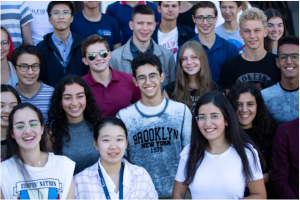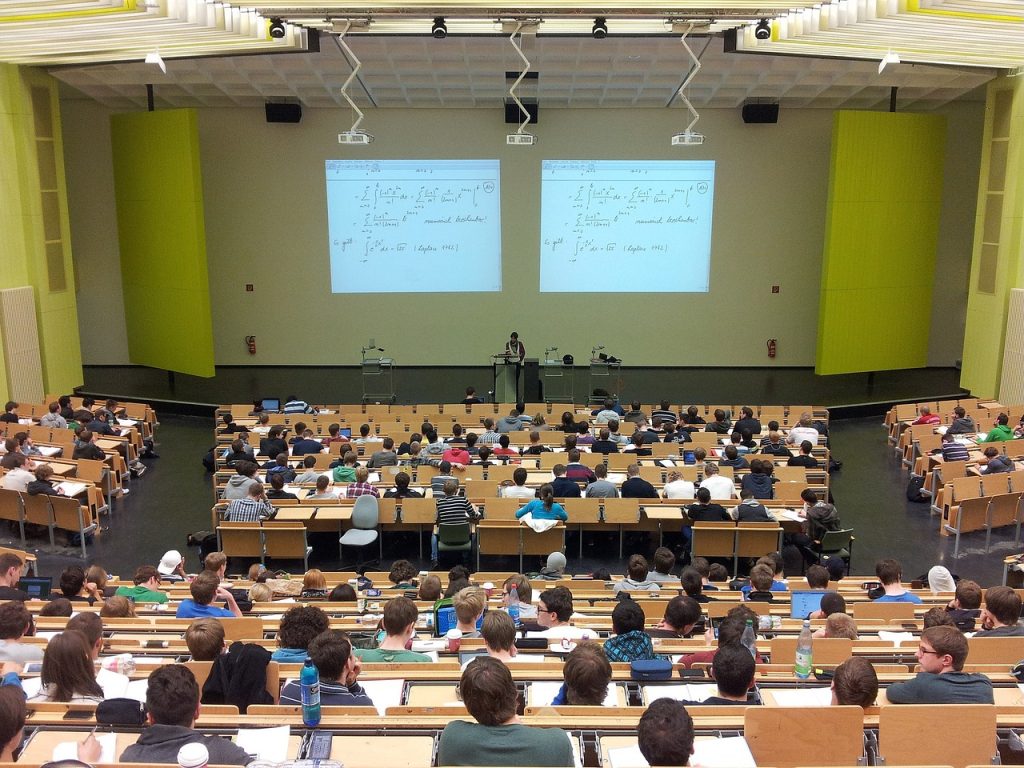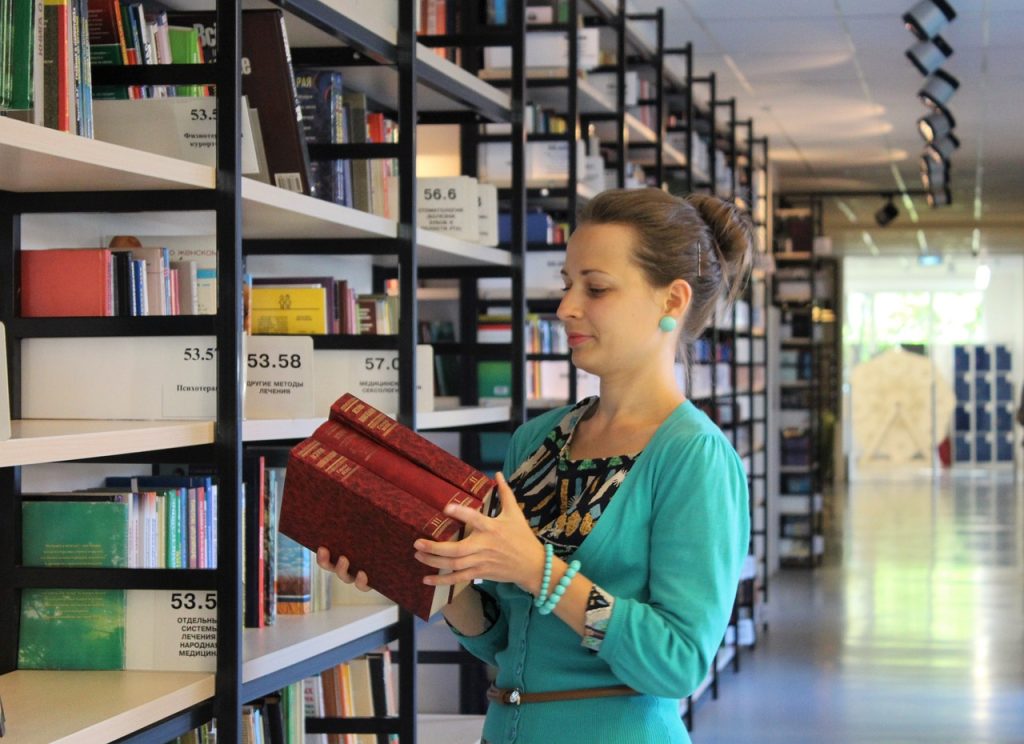
Three stages make up the educational system in Ivory Coast, primary, Secondary and University. Both primary and post-secondary education are provided by numerous technical and teacher training schools (Lipski, 2018). Despite the absence of an adult education system, many adults in remote areas take night classes or got literacy and other education via radio. Although most Universities were formerly located in Abidjan, the improved educational system and policies has since seen the cropping up of institutions of higher learning in various parts of the country.
Notably, one of the sub-Saharan African nations with the highest literacy rates is Ivory Coast. The World Factbook-Central Intelligence Agency estimates that 89.9% of Côte d’Ivoire’s population over the age of 15 is literate (as of 2019). There are two stages to the junior high school paradigm which makes it possible for students to participate in teacher preparation programs, transfer to universities or lycées, or find employment. If there are any openings, those who finish the term in secondary school are qualified to apply to colleges.
The Ministry of Higher Education and Scientific Research oversees the higher education system in Côte d’Ivoire. The Ministry of National Education is also in charge of basic and secondary education (Lipski, 2018). The Ministry of Vocational Education is also in charge of technical and vocational education. Some technical training is also the responsibility of other ministries. Public and private universities, public schools, and post-bachelor training facilities all fall under the category of higher education. Public and private secondary and higher education schools offer technical education.
The country has since introduced unique policies that enhance education hence making it a good place for international studies. These policies have ensured equitable distribution of resources especially in urban areas thereby increasing accessibility to educational facilities and services. It is however important to note that the rural areas have been badly affected with slowed rate of development in terms of schools and institutions of higher learning. As a result, a person pursuing studies in Ivory Coast ought to focus in urban areas for better access.


